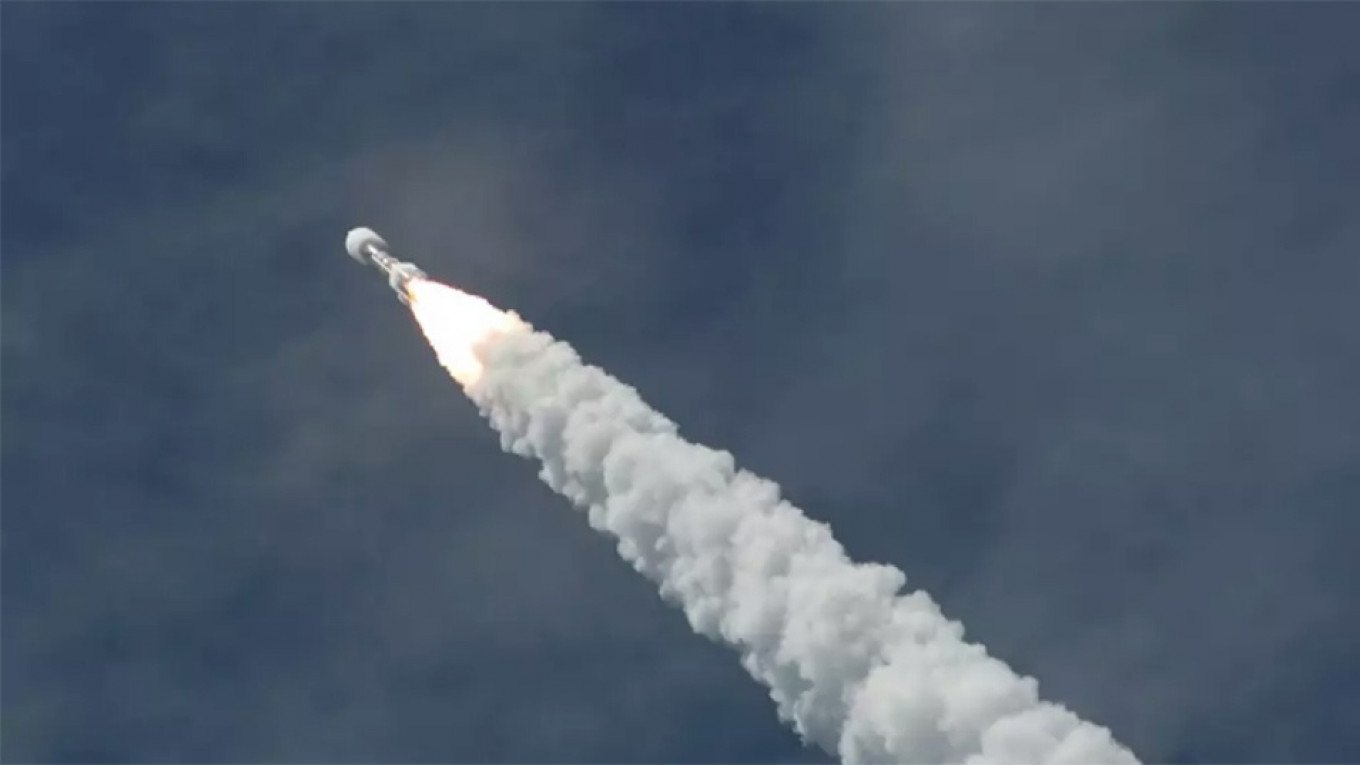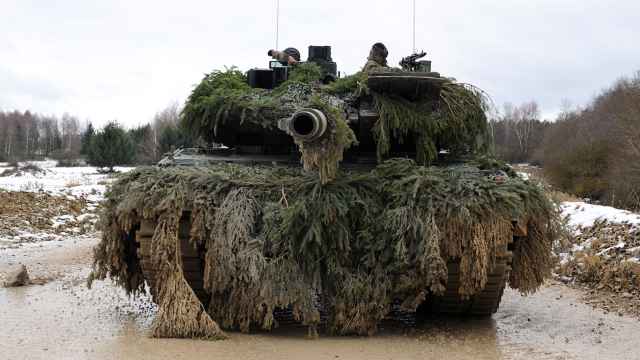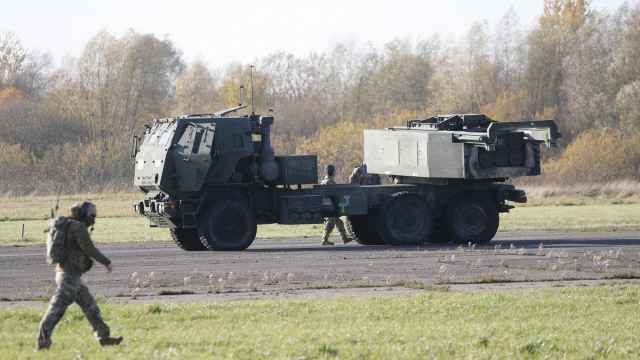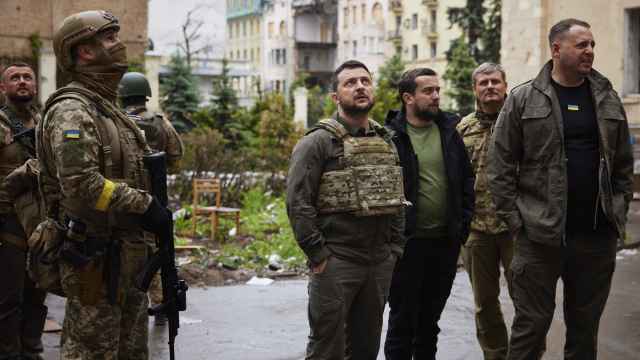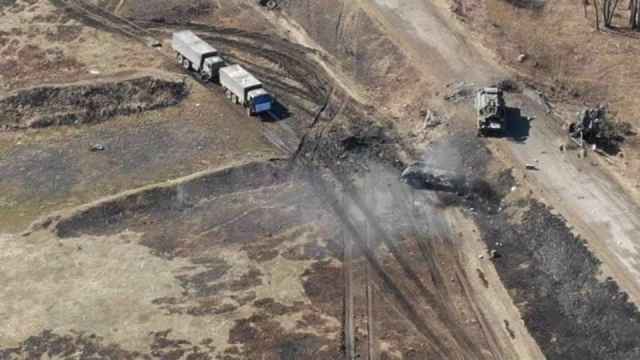Russia said on Wednesday it would not let the United States inspect a new nuclear-capable cruise missile at the heart of a dispute between Washington and Moscow that risks unravelling a landmark arms control treaty.
Washington has threatened to pull out of the 1987 Intermediate-range Nuclear Forces Treaty (INF), alleging that the new Russian missile, the Novator 9M729 (called SSC-8 by NATO), violates the pact, which bans either side from stationing short and intermediate-range, land-based missiles in Europe.
Russia says the missile's range puts it outside the treaty altogether and is not as long as Washington alleges, meaning that it is fully compliant with the INF. It has accused the United States of inventing a false pretext to exit a treaty it wants to leave anyway so as to develop new missiles.
The United States issued Russia a 60-day ultimatum earlier this month to come clean about the alleged missile violation and return to "full and verifiable compliance." That means Moscow is under pressure to scrap the new missile and its launchers.
However, Russia said on Wednesday it had no intention of letting U.S. inspectors look at the missile, which it said had not been tested at the longer range that Washington alleges.
"We don't feel right now that such a step would be justified from either a political or a technical point of view," Deputy Foreign Minister Sergei Ryabkov said in an interview with the Kommersant daily newspaper published on Wednesday.
Ryabkov accused Washington of "extremely intrusive" attempts to shine a light on Russian rocket manufacturing and said that Washington had in the past rebuffed Russian requests to look inside U.S. submarines under another arms control treaty.
Any such inspections - if they were to happen - should not be unilateral but should take place in both countries, he added.
U.S. Director of National Intelligence Daniel Coats said on Nov. 30 that Russia has already deployed multiple battalions of 9M729 missiles and that they posed a direct threat to most of Europe and parts of Asia.
Russian military experts asked their U.S. counterparts several days ago to hold consultations on the missile dispute, but had not yet received any response, Ryabkov said.
A Message from The Moscow Times:
Dear readers,
We are facing unprecedented challenges. Russia's Prosecutor General's Office has designated The Moscow Times as an "undesirable" organization, criminalizing our work and putting our staff at risk of prosecution. This follows our earlier unjust labeling as a "foreign agent."
These actions are direct attempts to silence independent journalism in Russia. The authorities claim our work "discredits the decisions of the Russian leadership." We see things differently: we strive to provide accurate, unbiased reporting on Russia.
We, the journalists of The Moscow Times, refuse to be silenced. But to continue our work, we need your help.
Your support, no matter how small, makes a world of difference. If you can, please support us monthly starting from just $2. It's quick to set up, and every contribution makes a significant impact.
By supporting The Moscow Times, you're defending open, independent journalism in the face of repression. Thank you for standing with us.
Remind me later.


